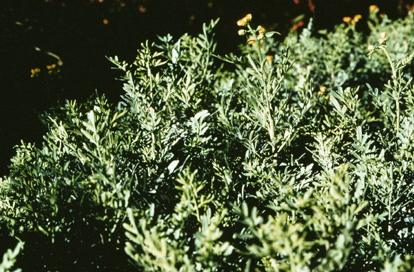
Gelatin is the precursor to cartilage formation in the body. Gelatin itself is very similar in structure to Type 2 Collagen, (connective tissue) which is an important part of cartilage.
Gelatin is a tasteless, odourless, dietary protein derived from animal cartilage. In other words, the animals, usually cows or pigs, have done a lot of the initial work for us so that we can, more easily make, our own body cartilage.
Gelatin is made from boiling animal connective tissue, dissolving it in the cooking water. This gave us our tasty stocks for soups and other meat dishes that jelled.
Cartilage is important as it is formed on the ends of the bones as a tough fibrous pad that helps to reduce friction between bones and acts as a shock-absorber. Cartilage forms the flexible part of the external ear. The majority of body cartilage is in the joints - it is the smooth surface that facilitates movement. The inter-vertebral disks of the spine are mainly cartilage.
Gelatin Hydrolysates (gelatine broken down in water) reduce pain and inflammation in the joints due to hydroxyproline (part of the gelatine) facilitating the production of collagen. [scientific research - Department of Sports Medicine, Heinrich-Heine University of Dusseldorf: ].
ENEMIES of JOINT REPAIR
- Aspirin inhibits repair of cartilage and actually accelerates cartilage destruction. Aspirin interferes with the ability of the chondroblasts (cartilage building cells) to stimulate new cartilage production.
- NSAIDS (non steroid anti-inflammatory drugs) accelerate joint destruction by chondroclasts (cartilage destroying cells).
- Free radicals destroy cartilage.
- Aspartane. Food sugar additive.
- Excessive sugar consumption causes the joints to become stiff and brittle by causing cross-linking of collagen.
- Eliminate white refined flour , white refined sugar, carbonated beverages from your diet
WAYS TO HELP JOINT REPAIR
- Vitamin C helps preserve the integrity of cartilage, supports new growth and destroys free radicals.
Vitamin B6 shrinks the inflamed synovial membrane that lines the surface of the joint, alleviating pain and restoring mobility. - Emu oil or capsicum based ointment helps reduces inflammation and pain, and improves flexibility.
- Just add 1 teaspoon of gelatine to hot herbal tea or drinks 2 or 3 times daily.
- 1 dessertspoon ful of ground linseed and millet on muesli or porridge each morning
- Drink 8 glasses of clear fluids daily
- Eat lots of alkaline foods-fresh fruit and many vegetables a day.

